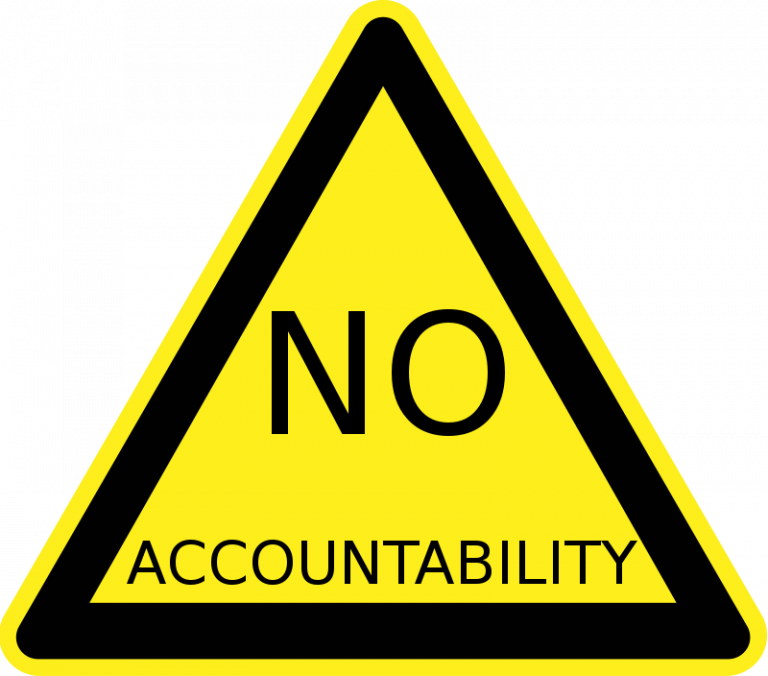Education and Forced Labor or Public Service
Mark has issued a kind of challenge in his things heard post today on Stones Cry Out, regarding the Obama administration’s intent to require public service in high school and college and improve it everywhere else.
He points to this post by D. A. Ridgeley at Positive Liberty which quotes Change.gov as saying:
The Obama Administration will call on Americans to serve in order to meet the nations challenges. President-Elect Obama will expand national service programs like AmeriCorps and Peace Corps and will create a new Classroom Corps to help teachers in underserved schools, as well as a new Health Corps, Clean Energy Corps, and Veterans Corps. Obama will call on citizens of all ages to serve America, by developing a plan to require 50 hours of community service in middle school and high school and 100 hours of community service in college every year. Obama will encourage retiring Americans to serve by improving programs available for individuals over age 55, while at the same time promoting youth programs such as Youth Build and Head Start.
Having gone to Change.gov itself, I found this:
The Obama Administration will call on Americans to serve in order to meet the nations challenges. President-Elect Obama will expand national service programs like AmeriCorps and Peace Corps and will create a new Classroom Corps to help teachers in underserved schools, as well as a new Health Corps, Clean Energy Corps, and Veterans Corps. Obama will call on citizens of all ages to serve America, by setting a goal that all middle school and high school students do 50 hours of community service a year and by developing a plan so that all college students who conduct 100 hours of community service receive a universal and fully refundable tax credit ensuring that the first $4,000 of their college education is completely free. Obama will encourage retiring Americans to serve by improving programs available for individuals over age 55, while at the same time promoting youth programs such as Youth Build and Head Start. [emphasis mine]
. . . a somewhat different thing.
Now I don’t actually suspect Ridgely of misquoting. I actually suspect Change.gov, and whoever is managing it, of revising. Perhaps a little checking would prove the difference, but since I have no problem with them revising, assuming they did, I’m not going to bother. In fact, I would hope that such proposals would see revision over time.
The two versions serve to illustrate my view. The version as quoted on Positive Liberty is one I would vehemently oppose. Simply requiring college students, for example, to do 100 hours annually of community service would, in my view, be involuntary service. On the other hand, the version I found on Change.gov this morning is one I would almost entirely support.
Here’s what I would support:
- Expanded opportunities for service in areas where it’s needed
- Tuition support (tax credit or provided in some other way) in return for a level of community service
- A stated national goal of community service for students
If the government is paying for your schooling, I have no problem with you being required to serve. In fact, if I had my way all forms of government provided tuition support, including loan guarantees, would have some sort of service requirement attached. If corporate America wants the service of graduates immediately, they can come up with some of the cash required for tuition.
On the other hand, if you are simply attending school (and I think requiring this at any state institution would be much too sneaky), and not asking the government to provide the support, then it is entirely inappropriate to add some sort of national security requirement. I oppose the draft. I would oppose this. On the other hand, I do not oppose (and in fact I used) benefits in education resulting from military service, and I would not object to providing such benefits for civilian type service programs.
Thus I will not provide an apology for the proposal as quoted at Positive Liberty. I would regard that as coloring well outside the lines. But the proposal as currently stated is one I would find acceptable and even positive.


I assure you that I did nothing but cut and paste the quote shown at our blog verbatim from the Change.gov site.
I won’t flatter myself into believing our criticism in particular was even noticed, let alone caused any revision or reconsideration, but it it at least nice to see that the incoming administration is capable of refining it’s message. We shall have to wait and see now whether not only the message but, more importantly, the actual intent has been modified, too.
That said, while I certainly have fewer objections to the revised language, I would still find the revised proposal objectionable for reasons discussed in the comments section of the post you linked.